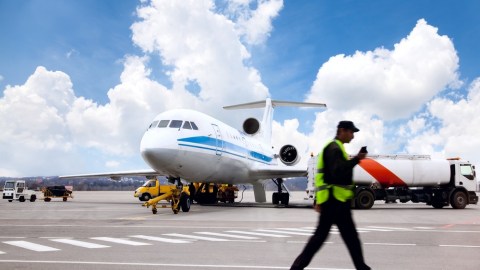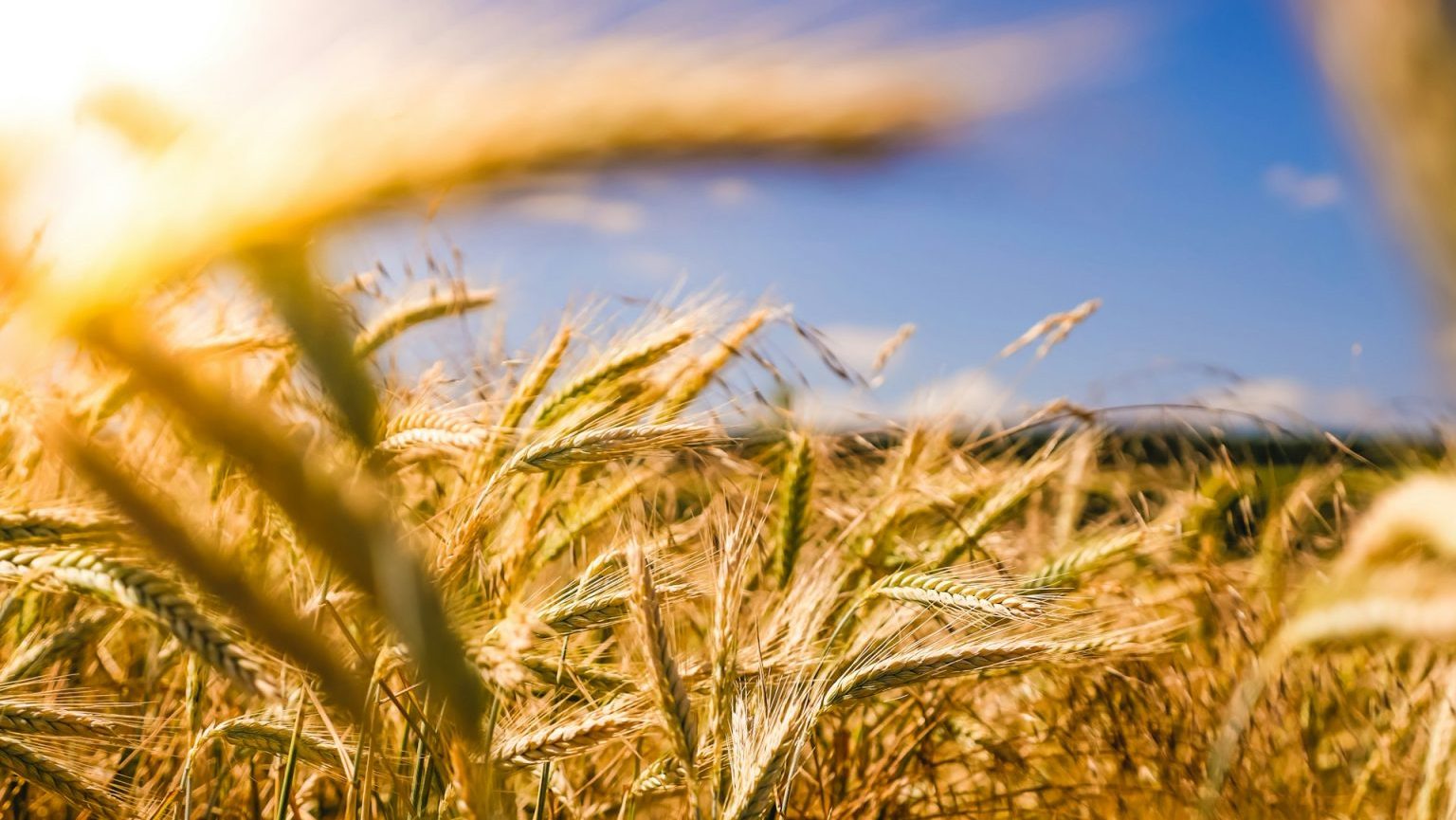Will Airplanes Powered By Bacteria Ever Take Off?

This has been a big week for the U.S. domestic airline industry and its embrace of environmentally-friendly biofuels. On Monday, a United Airlines jet completed the first-ever biofuel-powered commercial flight in the U.S. On Wednesday, Alaska Airlines is launching the first of 75 flights powered by a 20% biofuel blend concocted from recycled cooking oil. The problem is that the cost of these biofuels is so prohibitively expensive — nearly six times the cost of regular jet fuel -– that there are no concrete plans to continue these experiments. But what if there were a way to generate cheap bioefuels for the airline transportation industry via synthetic biology, essentially re-engineering E. coli bacteria so that they become a source of cheap, sustainable fuel?
That’s right, the way to think big is to think small — very small. Ever since scientists at the J. Craig Venter Institute created the first synthetic cell nearly 18 months ago, there’s been tremendous excitement (as well as a fair amount of trepidation) about what the future holds. Humans now have the ability to create synthetic life forms from scratch and re-engineer DNA at the cellular level. Synthetic biology pioneers have outlined plans for these synthetic life forms to change everything from energy to medicine to the environment. Imagine bacteria capable of curing cancerous tumors, doctors capable of “growing” new organs for patients, trees capable of growing artificial leaves and E. coli bacteria capable of transforming sugar into diesel and jet fuel.
Synthetic biology is all about transforming molecular biology problems into engineering and design problems. In the hands of synthetic biologists, DNA is simply a raw material that can be re-engineered and re-designed to do what they tell it to do. As a result, it may soon be commercially viable to produce synthethic biofuels in sufficient enough quantities as to change the economics of the aviation industry. Jay Keasling, one of the leading voices of the synthetic biology movement, has already shown that it is possible to create alternatives to diesel and jet fuel using synthetic biology. At the U.S. Department of Energy, Keasling’s approach is to develop “drop-in” fuels that work with the existing infrastructure. In layman’s terms, synthetic organisms are capable of creating the same type of jet fuel that airplanes today already use.
As with any alternative energy source, the ultimate viability centers on cost. No matter how amazing a new energy source may appear to be, if it’s not competitive with traditional fuel sources in terms of price, it will never become a mainstream alternative. Yet, as Jack Nicas of the Wall Street Journal points out in Frying the Friendly Skies (a great title, BTW), a number of companies and government entities are getting serious about the future of biofuels. Boeing has established an industry-wide 1% biofuels target for the year 2015. The U.S. Navy is investing over $500 million in new biofuel R&D efforts. Seven airlines around the world – including Lufthansa – already have experimented with biofuel-powered commercial flights.
Playing God with nature has its obvious moral and ethical drawbacks. What’s the appropriate trade-off and level of risk we should accept in exchange for saving the environment? Are synthetic fuels worth the risk? There are serious issues involved anytime we start to re-engineer nature. What if some of these “synthetic bugs” get out into the wild? What are the risks of bio-terrorism? While all of experiments thus far have been intended to help mankind – such as new super-smart bacteria that turn colors when they detect air pollution – it is inevitable that the basic instincts of fear and greed have enormous power to sway our opinions about synthetic fuel.
What can we expect for the future? The first U.S. commercial flight of a biofuel-powered airplane has demonstrated the future potential of alternative energy sources for the aviation industry. At the same time, biologists are working to create synthetic biofuels that are significantly cheaper than anything on the market today. If airlines could use cheap, synthetic biofuels, would they? With the aviation industry accounting for an estimated 2% of the world’s carbon emissions, finding a way for airplanes to use low-cost biofuels created from scratch in laboratories around the nation may be a way to make our skies a little bit friendlier.
Aircraft Maintenance People During Refueling / Shutterstock





